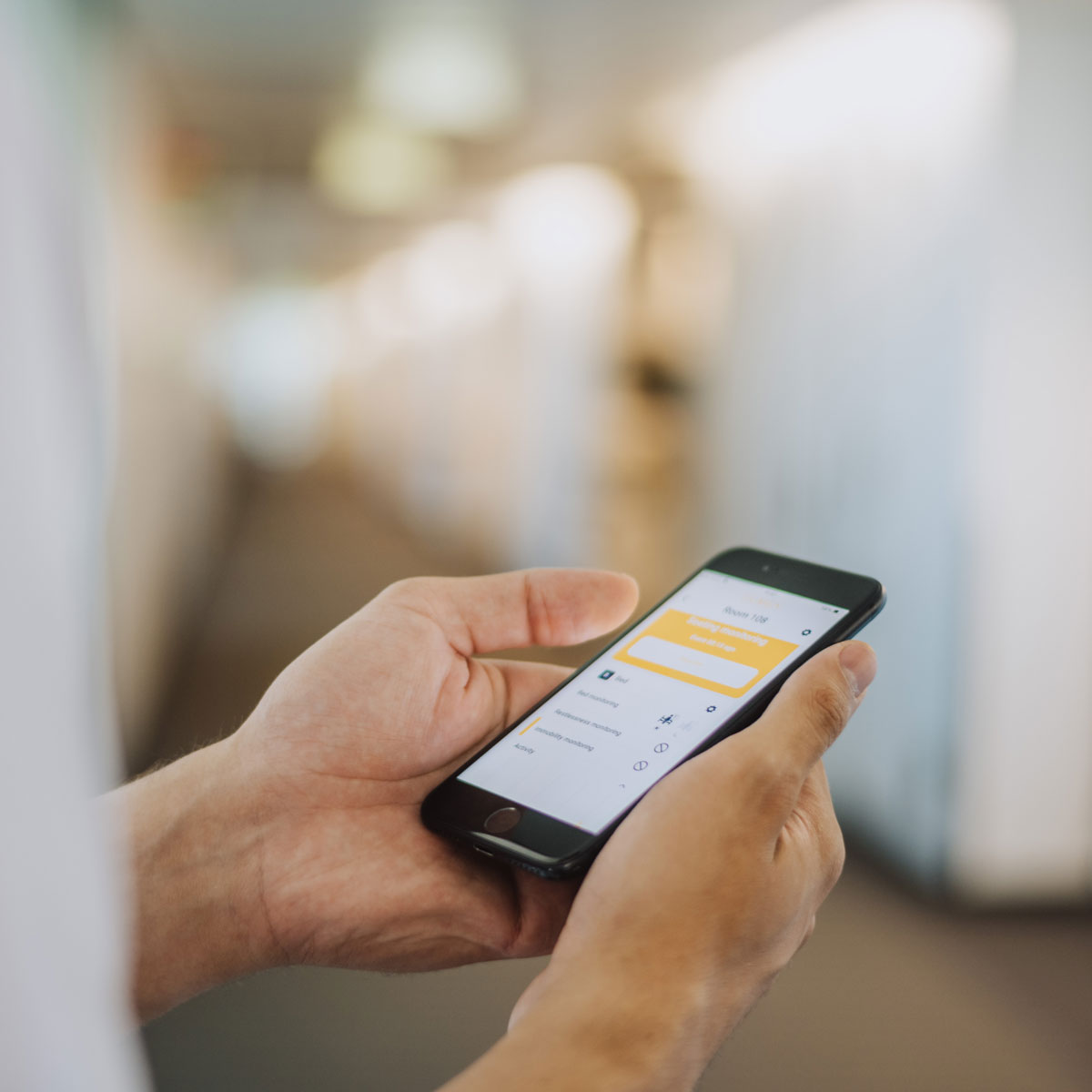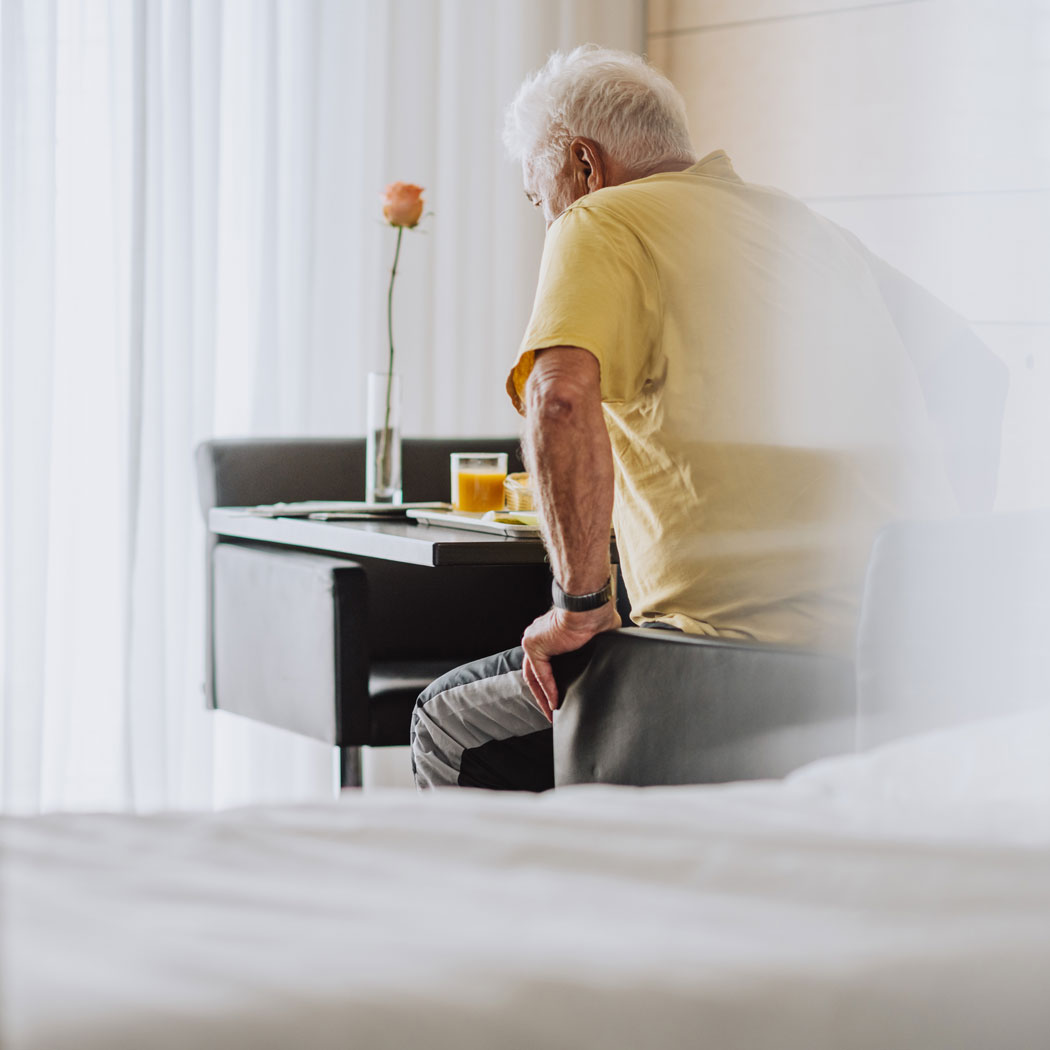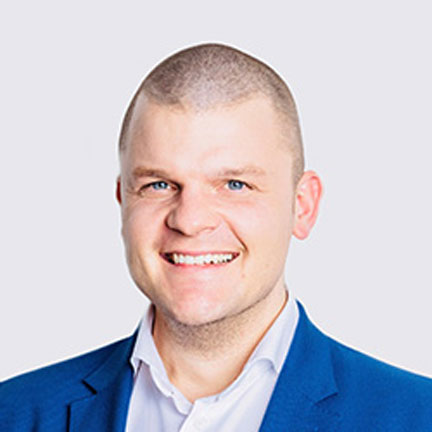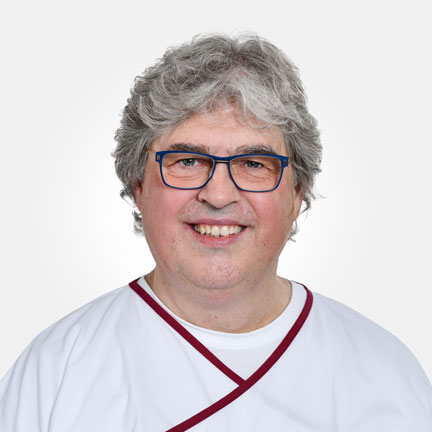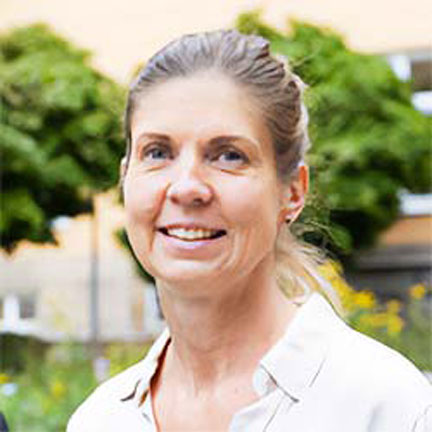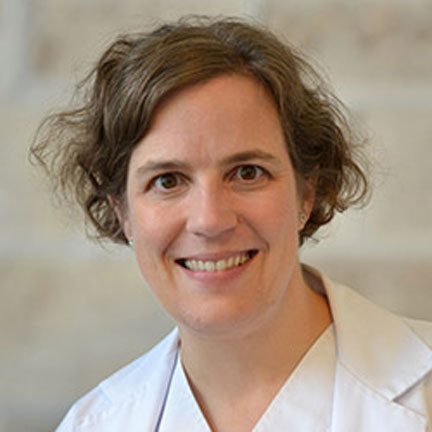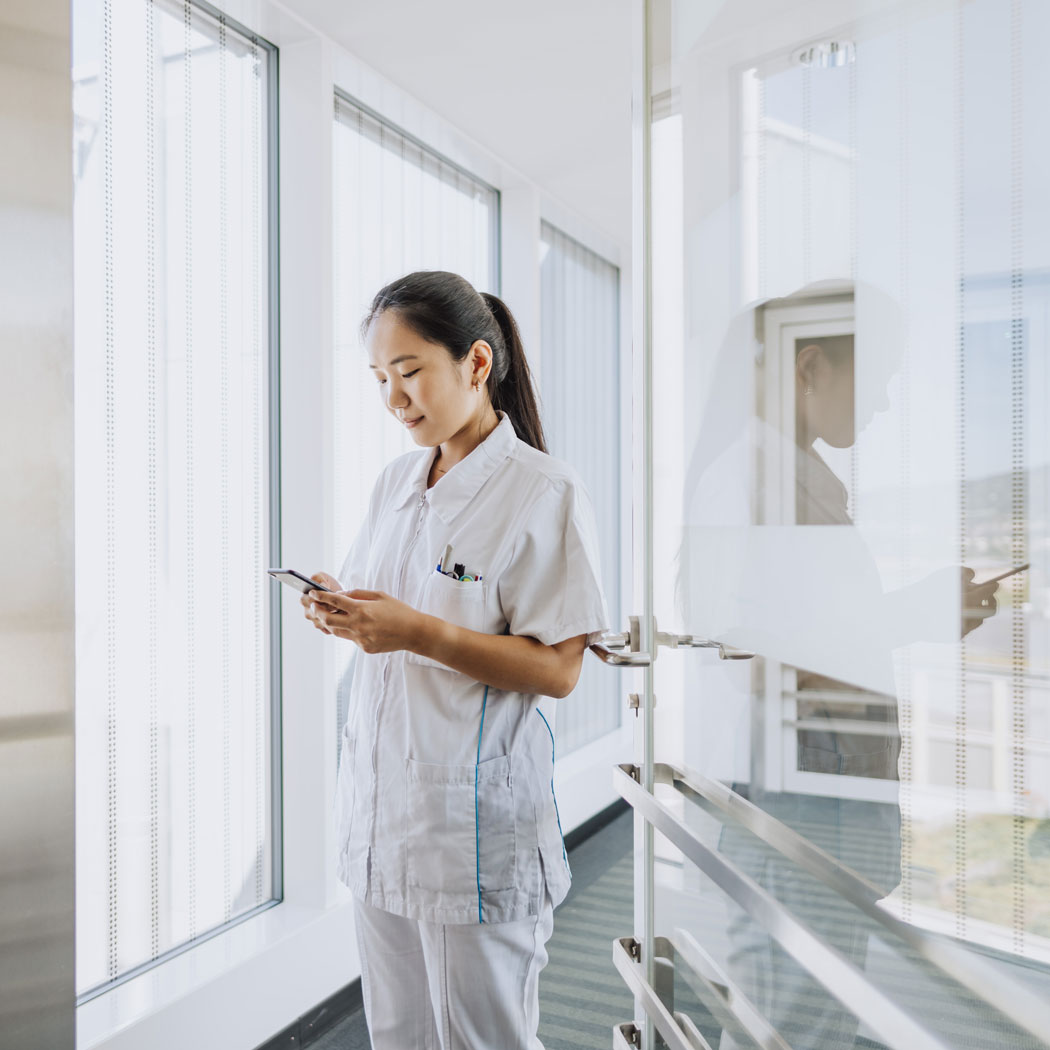Recognises bed-exit tendencies in several stages and provides information depending on the individual monitoring scenario
Care givers can intervene immediately and thus ensure the fastest possible fall rescue.
Monitors patient activity to assess sleep quality or validate therapeutic measures, supports delirium therapy and detects sudden restlessness and agitation.
Automatically detects lying positions and mobilisation in order to identify and minimise the risk of pressure sores at an early stage.
Alerts according to patient-specific monitoring scenario as soon as patients get up from chairs, wheelchairs, etc.
Recognises when there is no return to bed at night, for example after a visit to the toilet.
Detects when entering or leaving defined areas, e.g. toilet or patient room.
Monitors room and bed presence individually and in real time, even in shared rooms.
Recognising indicators for leaving the bed, wheelchair or similar at an early stage provides a decisive time advantage and leads to a significant reduction in falls.
Targeted and early alerting reduces the nursing effort in the patient’s room compared to other prevention systems, such as bell mats.
Compared to previously used prevention measures, QUMEA has achieved cost savings of between 49 and 76%.
After an initial system evaluation, the vast majority of users are clearly in favour of QUMEA.
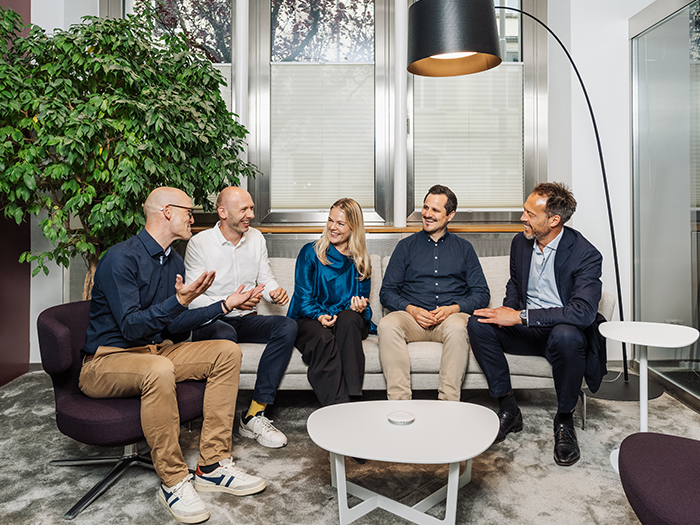
GRO Makes Investment in QUMEA to Accelerate AI-powered and Privacy-First Patient Care
GRO, a leading Northern European private equity firm, has announced a strategic investment aimed at driving innovation and expansion in privacy-focused, AI-powered patient care across Europe.
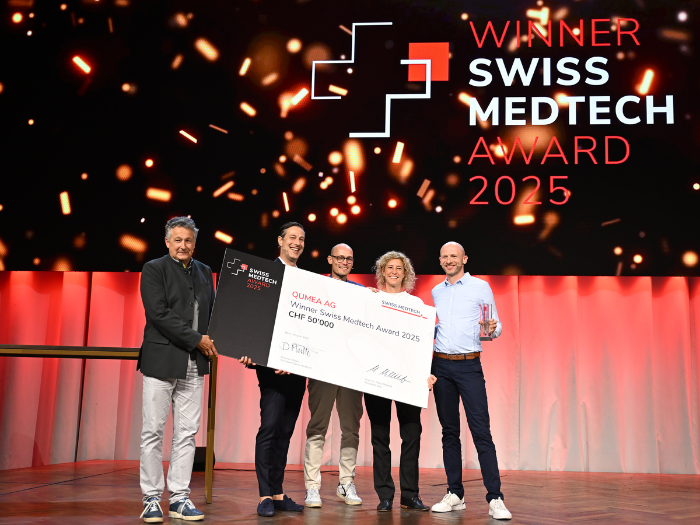
Major honour: QUMEA wins Swiss Medtech Award 2025
We are proud and grateful: QUMEA has won the Swiss Medtech Award 2025! At the Swiss Medtech Day in Bern, our company was honoured for its innovative, radar-based solution for contactless movement analysis in the care room. The prize is one of the most important awards in the industry and is endowed with CHF 50,000.
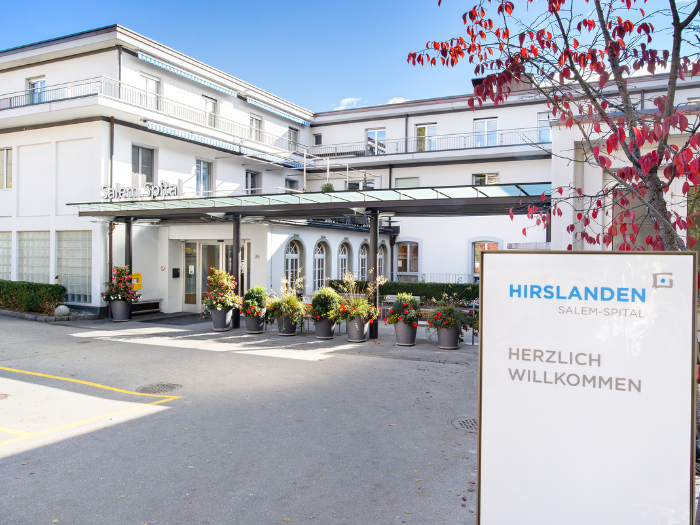
Hirslanden Salem Hospital relies on QUMEA
At the Hirslanden Salem Hospital in Bern, QUMEA is now supporting the internal medicine nursing team. After just a short time, the enthusiasm is great - for more safety in everyday life and noticeable support in everyday care. A strong sign from Hirslanden in favour of quality and innovation.
